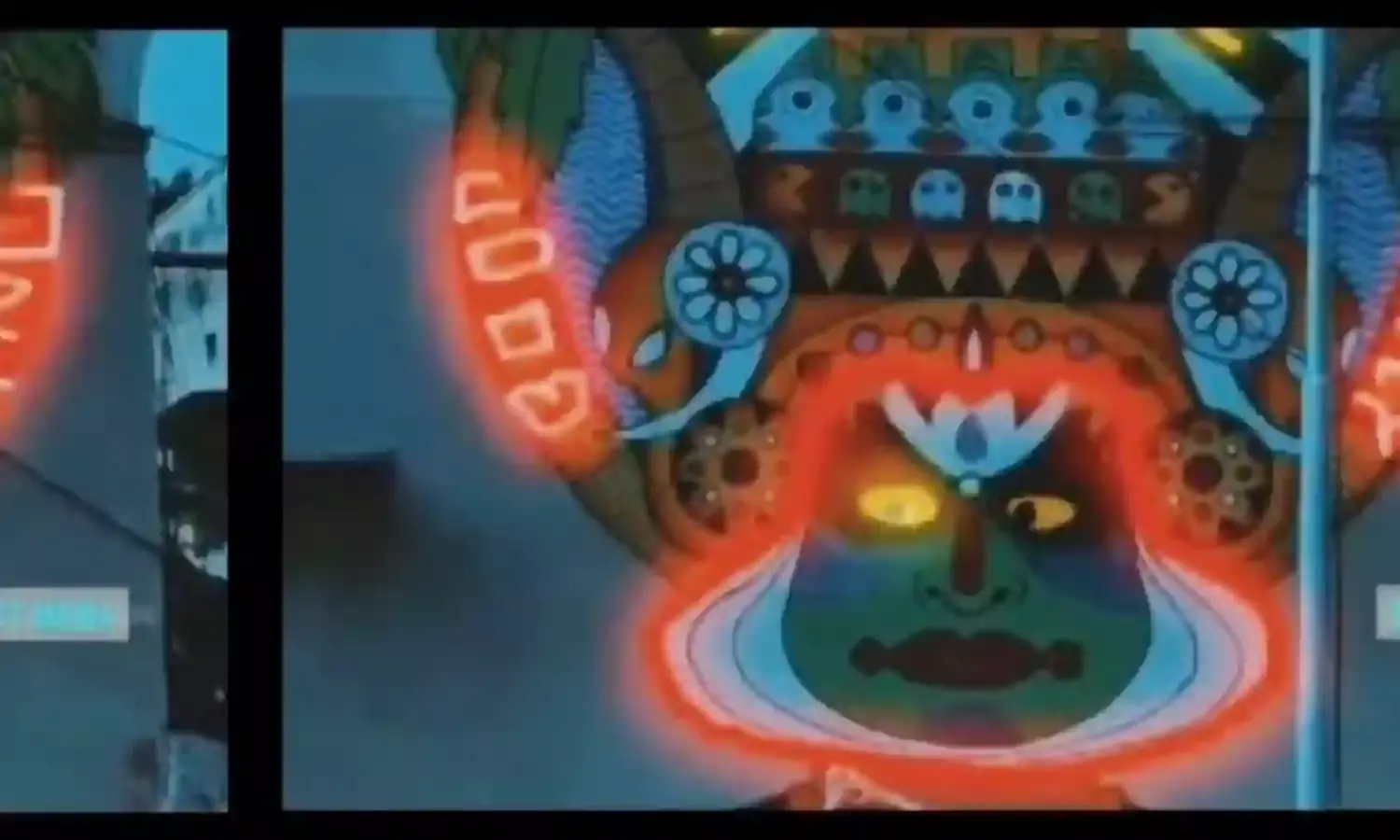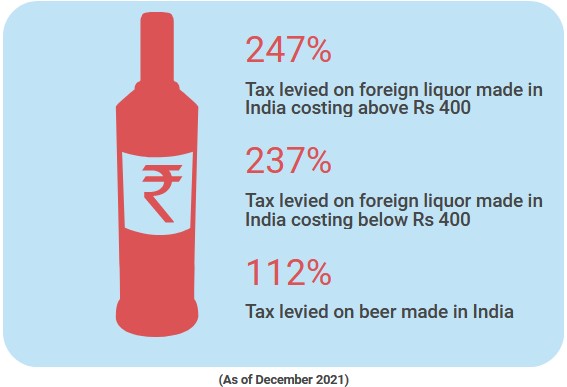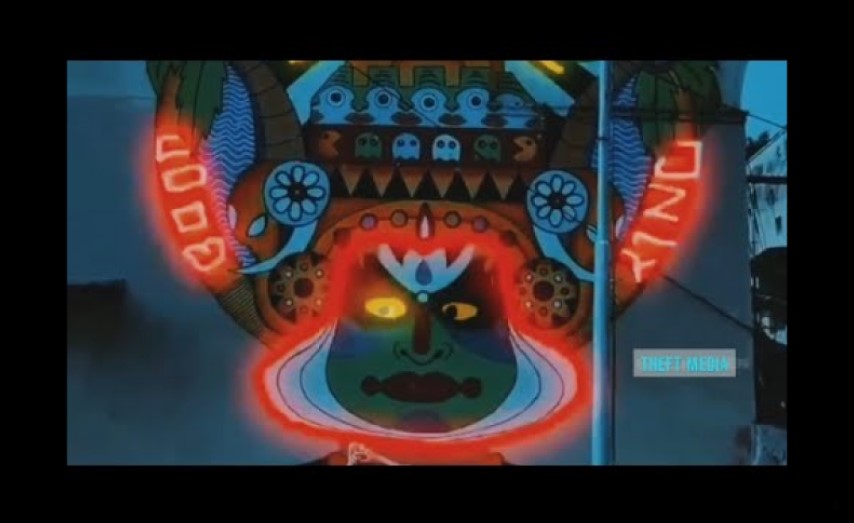Alcohol Consumption Falls – Is Kerala Getting High?
Rise in drug cases and illicit liquor

CHENNAI: Counter to the stereotype the share of people in Kerala who say they consume alcohol fell significantly between 2015 and 19, according to recently released data from the National Family Health Survey. But officials and industry insiders say there is more to the picture than the numbers show.
According to the NFHS, 37% of men and 1.4% of women older than 15 in Kerala answered ‘yes’ when asked if they consume alcohol in 2015. Four years later, this had gone down to 19.9% and 0.2% respectively. Across India, 19% of men and 1.3% women said they consume alcohol in 2019. Arunachal Pradesh, with 53% of men consuming alcohol, had the highest reported rate.
As the consumption rate in Kerala has come down, the sales figures of the State Beverages Corporation (KSBC) also appear to have declined. The corporation sold 356 lakh cases of liquor in 2015-16 and its reported sales had fallen to 334 lakh cases in 2019-20.
The drop in sales coincides with the restrictive liquor policy brought in 2014 by the Congress-led United Democratic Front government. Under the policy, the previous government envisaged the total prohibition of alcohol by 2025 and shut down over 700 bars. Much of this has since been reversed by the CPM-led Left Democratic Front government after 2016.
“The decline in sales is only marginal. When you look at our revenue you will see that it has still been going up,” says S Syamsundar, chairman and managing director KSBC. The corporation saw its revenue increase to Rs 14,710 crore in 2019-20 from Rs 11,580 crore four years prior.
Syamsundar says the decline in consumption only points to the success of the various awareness programs run by the government against drugs and alcohol, such as the Vimukthi Mission.
There has also been a steep decline in the sale of lower-priced Indian Made Foreign Liquor in Kerala, while sales of premium brands have increased considerably. The KSBC sold IMFL worth 914 crore in 2015-16 which came crashing down to 176 crore in 2019-20. Premium liquor sales rose from Rs 9,222 crore to 13,060 crore in the same period.
Industry insiders say there is a reason the KSBC manages to keep its revenues growing. “The government keeps on increasing the prices to keep the revenues from KSBC up. Even last year, during the pandemic, the prices got hiked by 47%. So what was being sold for Rs 100 before is now being sold for Rs 147,” said K.B Padmadas, general secretary of the Kerala Bar Hotels Association.

Officially there are 619 licensed bars functioning in Kerala, compared to the 748 that were shuttered in 2014. This includes reopened and newly established bars.
According to Padmadas, one of the major reasons for reduced alcohol consumption is the frequent shutdowns endured by bars in the state since 2014.
“When the bars were shuttered in 2014, many no longer had a place to sit and consume alcohol. There have been various disruptions in the supply chain since, including most recently the pandemic - a large section of the people, especially the youth, cannot consume alcohol in their home in front of their family, due to societal and familial restrictions.”
But Padmadas doesn’t believe that the consumption of all recreational substances has fallen in the state. He says that due to frequent disruptions in the formal supply chain of liquor many, especially the youth are turning to drugs. “I don’t think Vimukthi has been effective in stopping this.”
As per data from the National Crime Records Bureau, the number of cases Kerala recorded under the Narcotic Drugs and Psychotropic Substances Act more than doubled from 2016 to over 9,000 cases in 2020.
Government officials agree there has been a significant uptick in the number. “We have certainly been seeing a rise in drug related cases. The excise department has caught record number of contraband in 2019-20” says D Rajeev, CEO of the Vimukthi Mission, an anti-narcotics campaign launched by the Excise Department.
He says the accused in many cases involving drug peddling and possession are in their early twenties.
Supply chain disruptions and increasing prices have also led to a rise in the flow of illicit liquor in the state. “The majority of profit from liquor sales is taken by the government. It is much more profitable to procure alcohol through illicit dealers for both sales and consumption,” says Padamadas. “I have seen many people turning to illicit liquor because of this.”
Rajeev agrees that Kerala has seen an increase in cases of illicit liquor. “We have been seeing such cases across the state. The number of cases involving illicit liquor saw a significant increase during the pandemic as well.”




